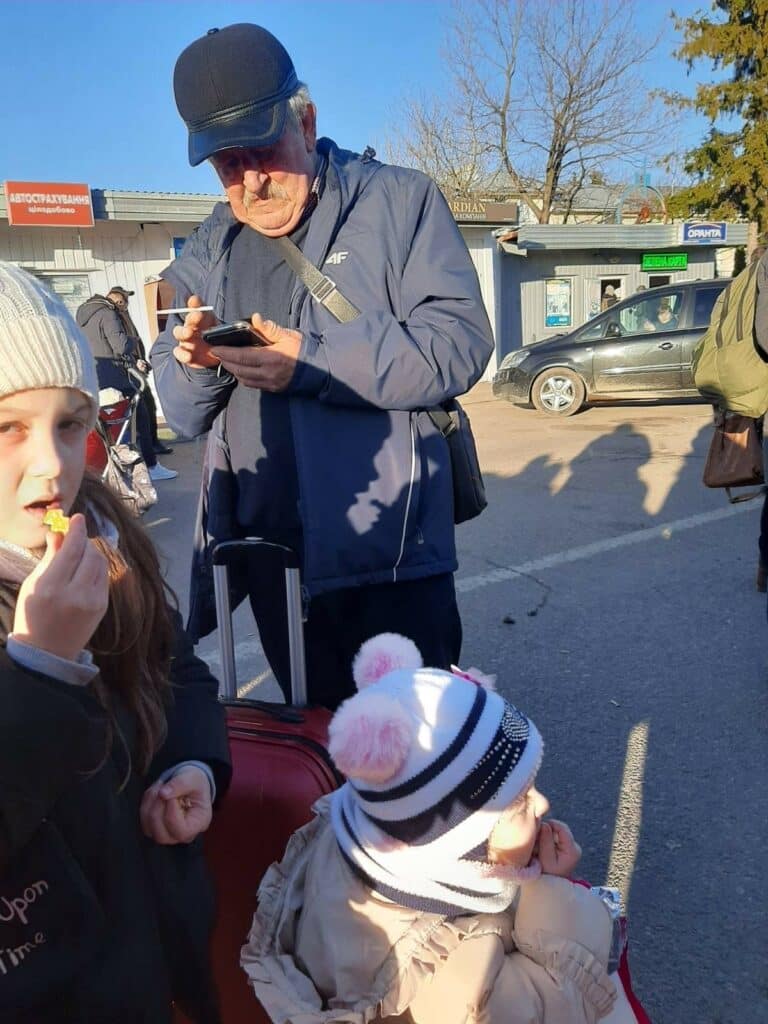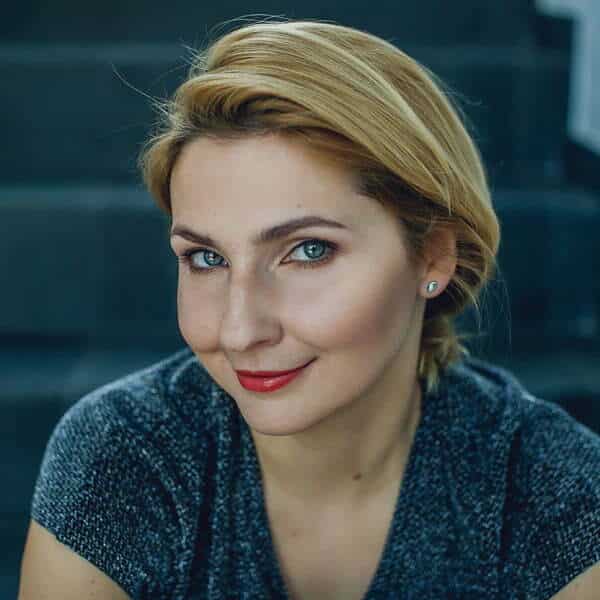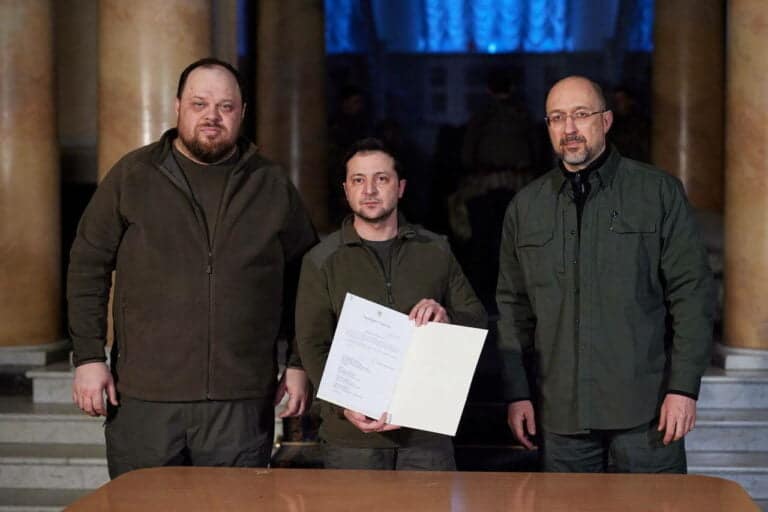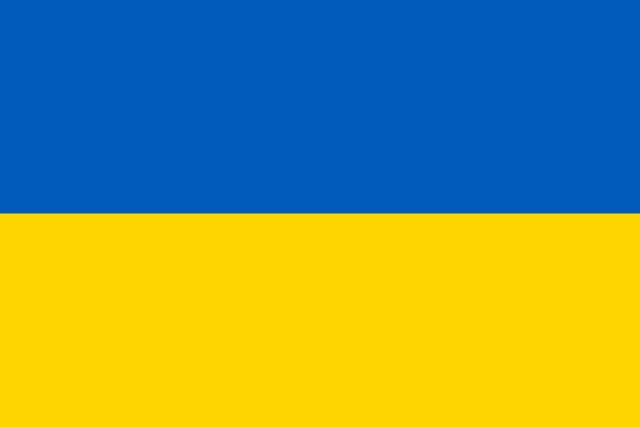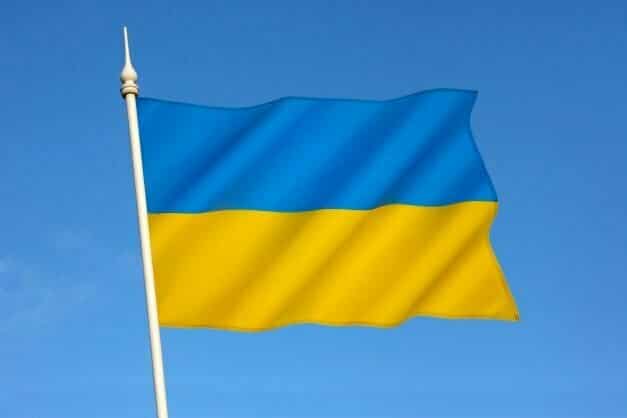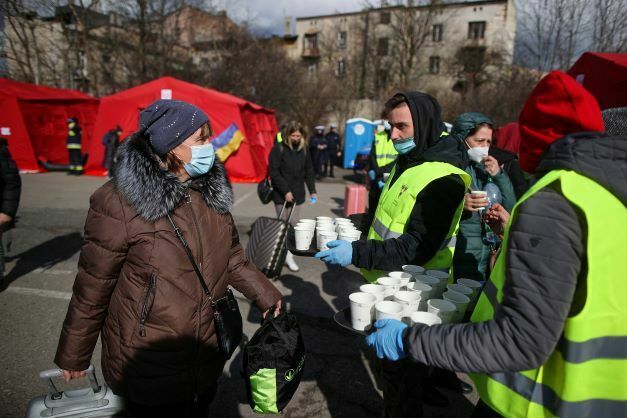Polish soccer federation urges total boycott of Russian teams from international matches
The head of the Polish Football Association (PZPN), Cezary Kulesza, has called FIFA’s decision on Sunday that Russian soccer teams will be permitted to play matches, but on neutral grounds, “scandalous” and urged all European football federations to boycott matches involving Russian clubs and the national team.
The Russian national team will be allowed to play only under the banner “Russian Football Association” and behind closed doors.
The PZPN described Russia’s attack as “brutal aggression” and said the Polish national team felt compelled to withdraw from playing Russia in a World Cup qualifying game scheduled to take place on March 24 in Moscow.
Kulesza called on other countries to join the boycott of matches involving Russians. “We encouraged them to stand by our side. Because only united we will be strong. No indulgence for Russian aggression against Ukraine!” he wrote.
In a statement on the PZPN website, Kulesza added: “A performance in a match with the Russian national team would be disgraceful not only for our representatives, but for the entire football community, it would be a denial of solidarity with the Ukrainian nation.”
Czech and Swedish soccer federations also supported the boycott of matches with the Russians on Sunday evening. These countries’ teams would play in the second play-off semi-final on March 29. The winner was to play the winner of the Russia-Poland pair in the decisive match for promotion to the World Cup in Qatar.
The English Football Federation (FA) said in a press release on Sunday it will not be playing Russia in any international competition in the “foreseeable future.” Wales has joined the boycott. Albania also announced it would not take part in matches with Russia until “the end of the occupation of Ukraine.” These teams are to meet in the new edition of the UEFA Nations League.
In France, the president of the local soccer federation, Noel Le Graet, a FIFA activist, said he was inclined to exclude Russia from the World Cup.
On Sunday, Zbigniew Boniek, vice-president of the European Football Union (UEFA) and former president of the PZPN, said in a statement that he could not imagine the participation of Russian teams in international sports events.
“I mean not only sanctions, but also concerns about what could happen during such events,” he added.
Polish captain Robert Lewandowski tweeted on Friday he would consult his team-mates about the match. “For all people who value freedom and peace this is a time of solidarity with the victims of the military aggression in Ukraine.”
European football’s governing body UEFA stripped Saint Petersburg of hosting European club football’s showpiece event the Champions League final on May 28 and awarded it to Paris.


